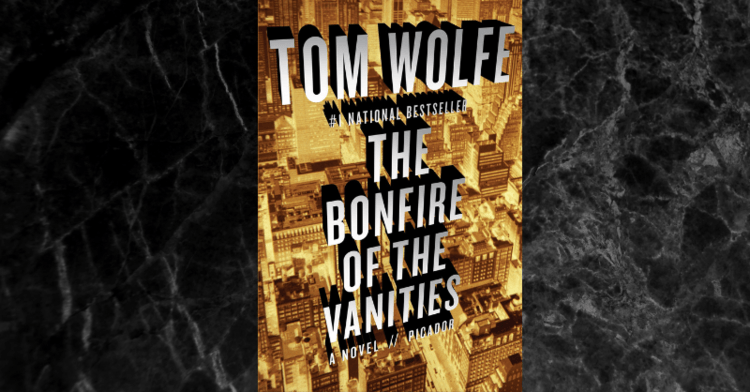


07/14/2013
I've been writing for years about what Tom Wolfe calls the "mania for the Great White Defendant." Here are some links to this recurrent phenomenon in fact and fiction:
The only way to have any effect on how more than few people are equipped to think about the world is to repeat yourself over and over.
Here’s the paragraph where Wolfe introduced the concept in the Great New York Novel in 1987. Three assistant district attorneys are discussing a case that had interested the publicity-mad head D.A., known as Captain Ahab:
Every assistant D.A. in the Bronx, from the youngest Italian just out of St. John’s Law School to the oldest Irish bureau chief, who would be somebody like Bernie Fitzgibbon, who was forty-two, shared Captain Ahab’s mania for the Great White Defendant. For a start, it was not pleasant to go through life telling yourself, "What I do for a living is, I pack blacks and Latins off to jail." Kramer had been raised as a liberal. In Jewish families like his, liberalism came with the Similac and the Mott’s apple juice and the Instamatic and Daddy’s grins in the evening. And even the Italians, like Ray Andriutti, and the Irish, like Jimmy Caughey, who were not exactly burdened with liberalism by their parents, couldn’t help but be affected by the mental atmosphere of the law schools, where, for one thing, there were so many Jewish faculty members. By the time you finished law school in the New York area, it was, well … impolite! … on the ordinary social level … to go around making jokes about the yoms. It wasn’t that it was morally wrong … It was that it was in bad taste. So it made the boys uneasy, this eternal prosecution of the blacks and Latins.[The Bonfire of the Vanities]